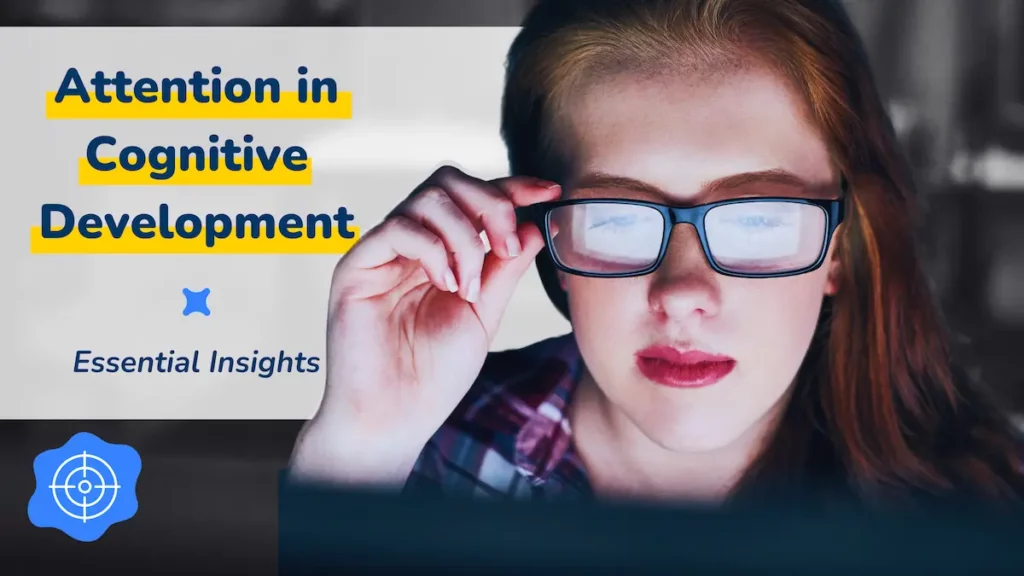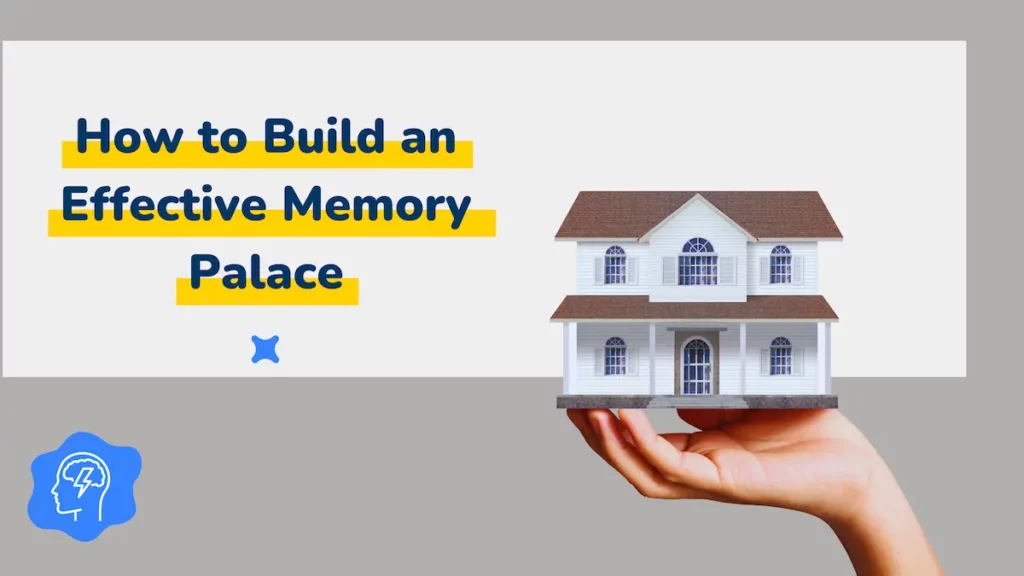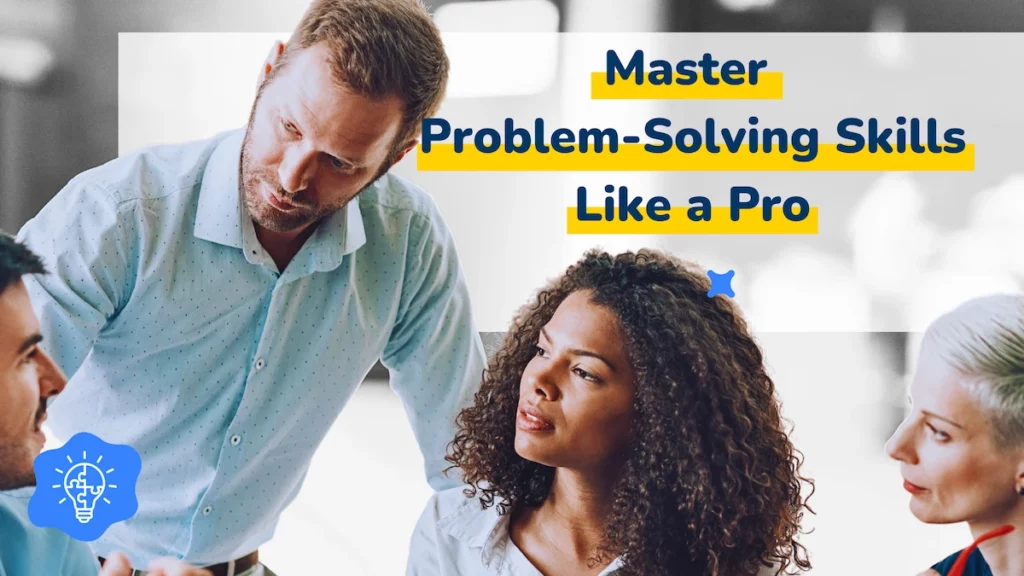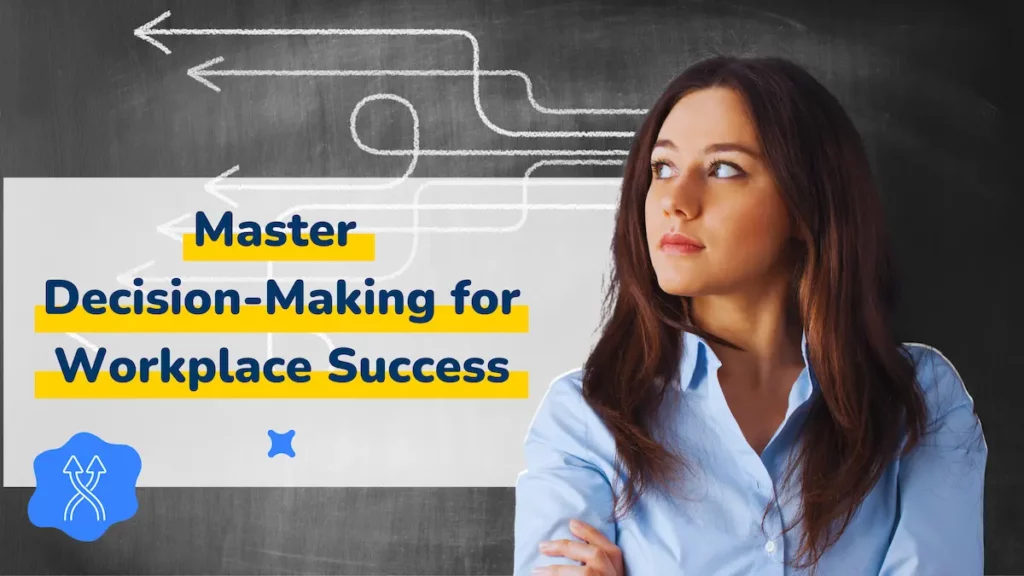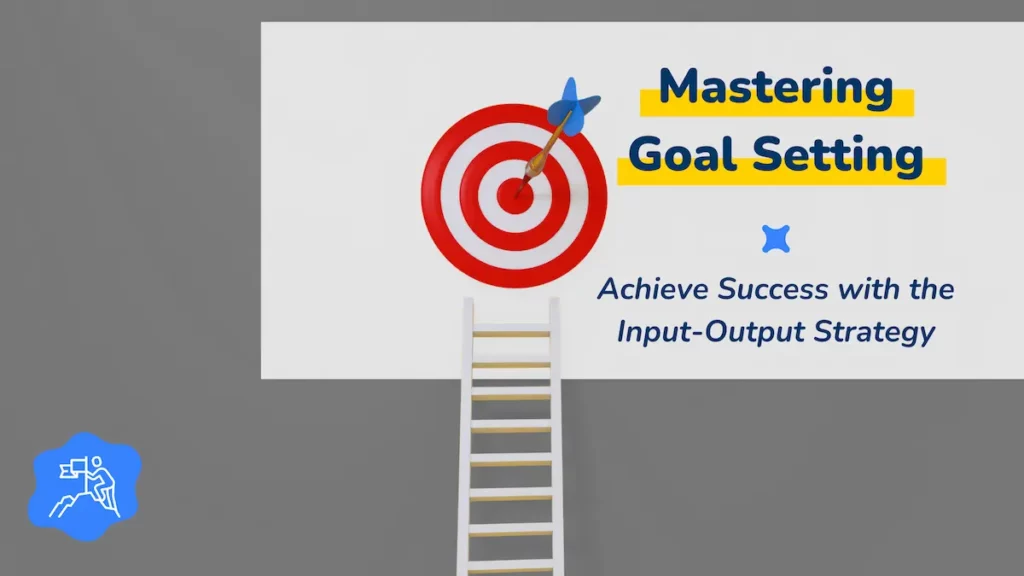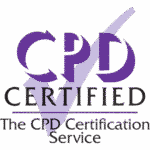Attention is a fundamental cognitive process that plays a crucial role in how we interact with and interpret the world around us. It is essential for learning, memory, and overall cognitive development. This article explores the different types of attention, their importance in cognitive development, and the underlying processes that support attention.
Reflecting on the Impact of Attention
Before diving into the details, take a moment to consider how attention affects your life. How often do you find yourself distracted or unable to focus? Think about when your attention has significantly influenced your work performance, learning experiences, or personal relationships. Recognizing the impact of attention on your daily life can help you appreciate its importance and the need to understand and improve this critical cognitive function.
What is Attention?
Definition of Attention
Attention is the cognitive process of selectively concentrating on a discrete aspect of information, whether considered subjective or objective while ignoring other perceivable information. It is a state of focused awareness, crucial for processing sensory information, performing tasks, and interacting with the environment.
Types of Attention
There are several types of attention, each serving different functions and purposes:
Sustained Attention
Sustained attention involves focusing on a person, task, or activity for a certain period or until the relevant task or activity is complete. We develop this type of attention in school by engaging with teachers and peers, and through studying and writing exams. A related type, focused attention, is the ability to rapidly respond to external stimuli, such as loud noises, which is vital for survival and adapting to environmental changes.
Example: An employee staying focused during a two-hour meeting and responding immediately when a critical issue is raised.
Divided Attention
Divided attention, commonly known as multitasking, involves attempting to focus on multiple tasks or activities simultaneously. Although it is a common practice, it often results in decreased effectiveness due to limited cognitive resources. A related concept is alternating attention, which involves smoothly shifting focus from one task to another rather than splitting attention simultaneously.
Example: A project manager handling emails, taking phone calls, and working on a project plan simultaneously.
Selective Attention
Selective attention refers to the ability to focus on a specific task while filtering out irrelevant background noise or stimuli. This skill is crucial for functioning in noisy environments, such as reading a book amidst loud background noise. It also includes the ability to ignore internal distractions, such as intrusive thoughts.
Example: A software developer concentrating on coding while ignoring the conversations happening in the open-plan office.
Executive Attention
Executive attention is similar to selective attention but involves the additional task of prioritizing activities that align with specific goals. This form of attention is crucial for high-level task management, such as a managing director focusing on critical tasks of the day while ignoring less important emails and interruptions.
Example: A CEO prioritizing strategic planning meetings over answering routine emails to ensure the company’s growth and success.
The Role of Attention in Cognitive Development
Attention is vital for cognitive development, influencing various aspects of learning and behaviour.
Early Childhood Development
In early childhood, attention is key to language acquisition, social interactions, and learning basic skills. Young children learn to focus on specific tasks, such as playing with a toy or listening to a story, which helps them develop cognitive and motor skills.
School-Age Children
As children grow, their attention span increases, allowing them to engage in more complex tasks that require sustained focus. This development is crucial for academic success, enabling children to concentrate on classroom activities, follow instructions, and complete assignments.
Adolescence and Beyond
During adolescence, executive attention becomes more refined, supporting higher-order cognitive functions such as problem-solving, critical thinking, and decision-making. These skills are essential for academic achievement and everyday life.
Attention in Adulthood
As individuals transition into adulthood, attention continues to play a pivotal role in various aspects of life. In the workplace, effective attention management enhances productivity, accuracy, and the ability to handle complex tasks. Focused attention is critical for meeting deadlines, managing projects, and making informed decisions. Additionally, attention influences personal relationships by enabling individuals to listen actively, engage meaningfully in conversations, and maintain emotional connections. Therefore, the development and maintenance of strong attention skills are vital for both professional success and personal well-being.
The Attention Process
Neural Mechanisms of Attention
Attention involves multiple neural networks in the brain, primarily the prefrontal cortex, which is responsible for executive functions, and the parietal cortex, which is involved in spatial attention. The interaction between these regions allows for the coordination and regulation of attention.
Stages of Attention
- Alerting: The initial phase where the brain becomes receptive to incoming stimuli.
- Orienting: The process of directing attention to a specific stimulus or location.
- Executive Control: Managing and regulating attention resources, including inhibiting distractions and maintaining focus on the task at hand.
Factors Affecting Attention
Several factors can influence the efficiency and effectiveness of attention, including:
- Environmental Factors: Noise, distractions, and the complexity of the task can affect attention.
- Individual Differences: Age, cognitive abilities, and mental health conditions can impact attention capabilities.
- Physiological States: Fatigue, hunger, and stress levels can influence attention span and focus.
Improving Attention
Strategies for Enhancing Attention
- Mindfulness and Meditation: Practices that focus on awareness and concentration can improve attention span and cognitive flexibility.
- Physical Activity: Regular exercise has been shown to enhance cognitive functions, including attention.
- Healthy Diet: Nutrient-rich foods support brain health and cognitive performance.
- Sleep Hygiene: Adequate sleep is crucial for maintaining optimal cognitive functions, including attention.
- Cognitive Training: Programs like those provided by inGeniusly can help identify specific limitations in your attention and offer targeted measures to improve it. Cognitive training involves exercises and activities designed to enhance mental processes, including attention, working memory, and problem-solving skills.
Attention is a multifaceted cognitive process integral to cognitive development and daily functioning. By understanding the types, processes, and factors affecting attention, we can implement strategies to enhance focus and cognitive performance, supporting both individual growth and educational success.
FAQs
What is attention in cognitive development?
Attention is the process of focusing on specific information while ignoring other stimuli, crucial for learning and cognitive development.
How does attention affect learning?
Attention enables individuals to concentrate on tasks, process information, and retain knowledge, making it essential for effective learning.
What are the types of attention?
The main types are selective, sustained, divided, and executive attention, each serving different cognitive functions.
How can attention be improved?
Attention can be enhanced through mindfulness, regular physical activity, a healthy diet, and proper sleep hygiene.
Why is attention important in childhood?
Attention is vital for language acquisition, social interactions, and learning fundamental skills during early childhood development.
What factors influence attention?
Environmental factors, individual differences, and physiological states such as fatigue and stress can all impact attention.
